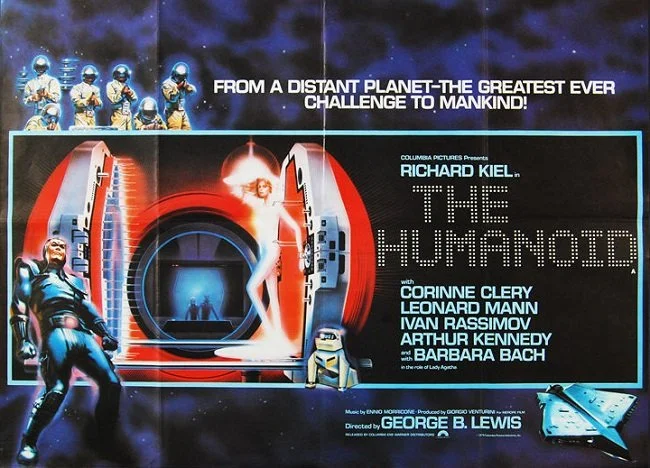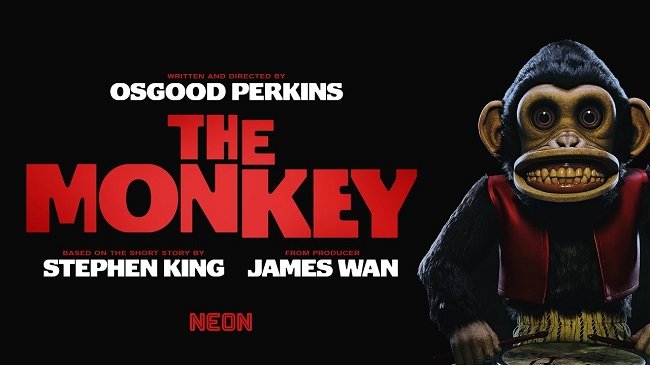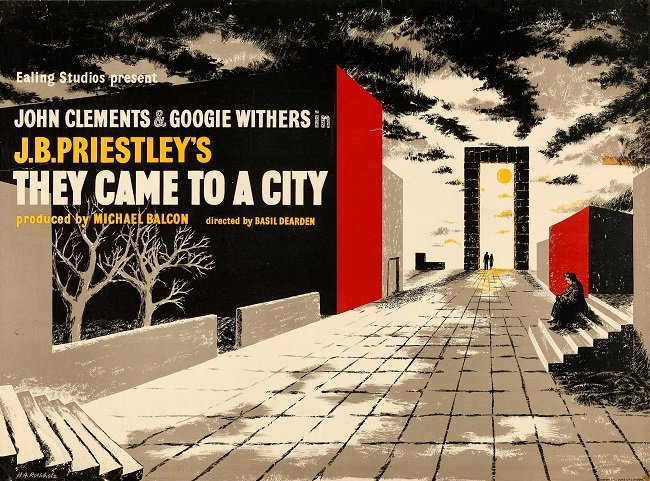Tolkien (2019)
Within its first five minutes, it becomes very apparent what Finnish director Dome Karukoski is attempting to achieve with his biopic Tolkien. Commencing with JRR Tolkien (Nicholas Hoult) as an Army Officer, searching the trenches of the Somme for a lost comrade, the film explores through a series of flashbacks key events that shaped the authors life and inevitably influenced his subsequent writings. Naturally, such a narrative conceit is to be expected when considering such a writer and his literary creations but often during Tolkien, viewers may get a sense that the screenplay is overreaching to draw parallels between real world events and key themes in The Lord of the Rings. Furthermore, when considering Tolkien’s professed dislike of allegory, it does seem a little too heavy handed. Yet despite this stumbling block there are still other aspects of the production to enjoy.
During his youth Tolkien’s widowed Mother (Laura Donnelly) finds herself in “impecunious circumstances” and the young John Ronald Reuel and his younger brother Hilary are forced to move from the rural West Midlands to the industrial suburbs of Birmingham. Her subsequent early death sees JRR Tolkien and his brother come under the guardianship of Father Francis Morgan (Colm Meany). Tolkien subsequently finds himself at King Edward’s School, Birmingham, where his is a rank outsider. An orphan as well as an immigrant from South Africa, his gift for language and stories set him aside from other students. Yet through a quirk of fate, he find himself in the company of Robert Q. Gilson (Patrick Gibson), Christopher Wiseman (Tom Glynn-Carney) and Geoffrey Bache Smith (Anthony Boyle), who all have similar artistic temperaments that are frowned upon by the academic establishment. All become firm friends and form a very strong social bond.
Tolkien also becomes enamoured by Edith Bratt (Lily Collins), the companion of Mrs Faulkner, who runs the boarding house where he resides. She is feels similarly trapped by her lack of financial independence and societal constraints. Yet their burgeoning romance is further hampered when Father Morgan states that Tolkien must decide between an early marriage and studying at Oxford. Matters are further compounded as he struggles academically to find his way at University. However, a chance meeting with Professor Joseph Wright, leads to him changing disciplines and studying “the Grammar of the Gothic Language”. However, the events of 1914 lead to Tolkien and his companions enlisting in the armed forces and leaving for France. It is here that the movie comes full circle and the unparalleled carnage of “the war to end all wars” greatly challenges Tolkien’s strong religious convictions as well as romantic and artistic notions.
Tolkien endeavours to cover a lot of ground both historically and thematically. It explores and reflects upon the value of art in society. The screenplay by David Gleeson and Stephen Beresford also attempts to capture Tolkien’s love of language and mythology. Something that is quite hard to do in a primarily visual medium whose foundation is the concept of “show, don’t tell”. There are some clever narrative parallels such as how language is both the life blood of a nation and institutions such as the Catholic Church and that both use words to express more than the literal. Yet while Tolkien is happy to approach these wider philosophical issues, it is surprisingly coy about addressing matter of its subject’s devout faith. For those with a keen cinematic eye cinematographer Lasse Frank creates some subtle religious imagery. Meaningful scenes play out below the stars, the shattered remnants of a Church still has a statue of Christ on the cross and there are cunningly place religious texts among the books on desks. But overall, Tolkien’s faith is not overstated.
Performances are earnest and competent. Lily Collins is very good as Edith, who is greatly confined within the strictures of Edwardian Britain but seems reconciled that a happy ending is unlikely to await her. Nicholas Hoult is clearly invested in his role and remains likeable in his portrayal of JRR Tolkien. There is a lovely camo from Derek Jacobi as Professor Wright. His little monologues about the importance of words is a standout and certainly points to where the character Treebeard may have originated. Visually Tolkien is a handsome biopic with both countryside and city vividly depicted, using a very bright colour pallet. The depiction of World War I trenches is similarly beautifully lit, reminding me at times of the work of Mario Bava. The bleak landscape frequently morphing into a kind of proto-Mordor, due to Tolkien suffering from trench fever. But this digital visual device is overplayed. If it had been done once at the movies climax, the point would have been made effectively. But it is belaboured and one is left feeling that the production is trying to stretch real life events to make its rather obvious point. It’s a shame, as there is much to like about Tolkien but it does feel that the entire film is trying to make Tolkien’s life as epic as the scope of his writing.




























